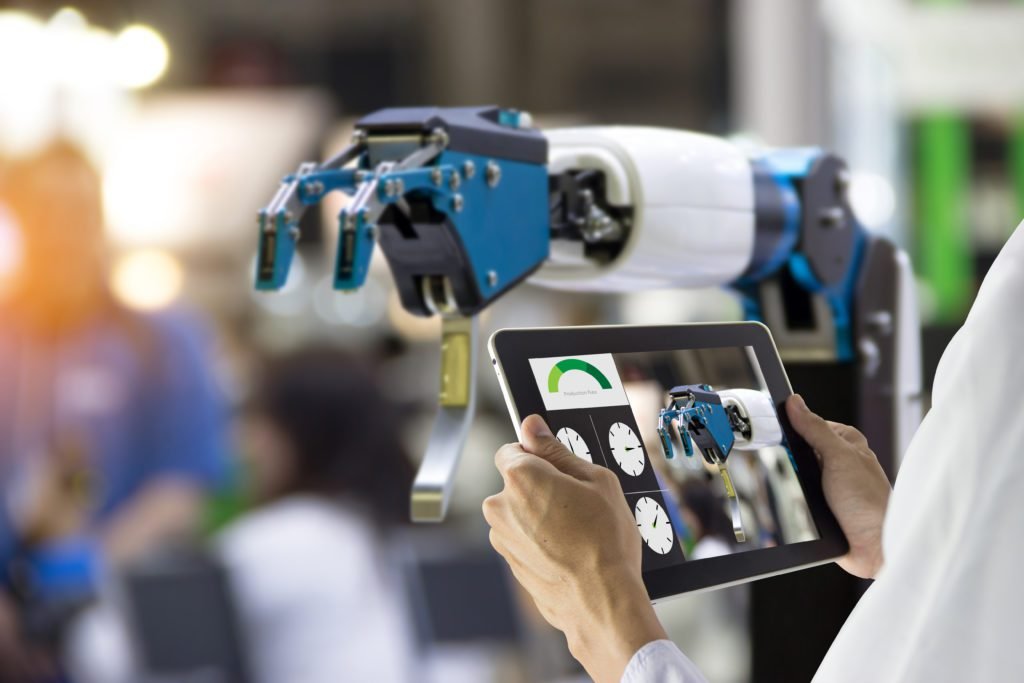Last updated on August 25th, 2022 at 12:13 pm
Deep learning vs machine learning
Machine Learning and Deep Learning are two approaches to building AI that have generated a lot of buzz recently, both among tech companies and on university campuses worldwide. But which kind of AI should you focus on? Should you opt for a Deep Learning course or a Machine Learning certification? The answer lies in your career aspirations and the type of projects you want to work on. In this article, we’ll break down the differences between machine learning and Deep Learning and discuss when you should use each type of technology based on your career goals and interests.
What is Deep Learning?
Deep Learning is a branch of machine learning that models high-level abstractions in data and understands complex data with multiple levels of representation. Deep neural networks have been successfully applied to supervised and unsupervised problems and can be used as feature detectors or classifiers. Thus they are capable of performing inference in higher layer neural areas. They have been used on large-scale problems for information retrieval, speech recognition, and computer vision, producing results comparable to humans.
What is Machine Learning?
Machine Learning makes computer software more accurate in predicting outcomes without being explicitly programmed. Instead, ML relies on statistical techniques, including regression and classification. It allows computers to learn from past data and predict future events based on those learnings. The basic idea behind machine learning is that you use algorithms to train your system to recognise patterns in your data. Once you’ve trained your system, you can use it for prediction tasks such as forecasting demand for products, recommending products or services, identifying potential customers, and detecting credit card fraud.
The difference between Deep Learning and Machine Learning
Deep Learning refers to a subset of Machine Learning algorithms. Multiple layers of nonlinear processing units characterize it for feature extraction and transformation. In contrast, Machine Learning refers to any form of Artificial Intelligence in which a program ingests data and learns from it. There are two types of machine learning algorithms – Supervised and Unsupervised. Supervised learning requires input features and their desired output values, whereas unsupervised learning doesn’t require any desired output values but uses input features only.
Challenges in learning Deep Learning and Machine Learning
Deep Learning is rapidly evolving, with breakthroughs in neural networks being published frequently. But at its core, it is just another type of Machine Learning, albeit one that has proven to work very well on many problems. So why use Deep Learning vs other forms of Machine Learning? If a problem can be solved using linear methods and the output benefits from taking advantage of an entire nonlinear pipeline, it would probably be best to stick with that method. However, many interesting problems—like detecting complex patterns in images or text—are hard to express as equations but are easy for humans to make intuitive sense.
Deep learning allows us to take advantage of our intuition about how we want these problems solved. Deep Learning also provides a way to learn representations for data automatically, which is especially useful when there isn’t a precise mapping between input and output. Instead of building those mappings manually, we let our model figure out what features matter most, making Deep Learning ideal for applications like computer vision, where feature engineering is difficult or time-consuming. The critical question here is – is lots of labelled data needed?
Challenges in the future
Artificial intelligence is taking off, with new developments advancing every day. It’s no longer a matter of if AI will be a part of our lives but rather when. Machine Learning is currently happening—and fast. The advancement of Deep Learning research has brought us close to computers that can learn how to learn, such as AlphaGo and IBM Watson. Deep Learning is challenging many professions, raising concerns about robots and machines replacing jobs. As with any technological advance, we need to consider many pros and cons before diving into a future powered by artificial intelligence. So let’s look at some areas where Deep Learning is transforming business today.
Applications of Deep Learning
Deep Learning has a broad range of applications, including information processing, various forms of data mining, and knowledge discovery. It is also used for fundamental studies on understanding natural language processing and further help in semantic parsing. Self-driving cars and robots are other fields where Deep Learning plays an important role. It enables computers to master many complex problems without being explicitly programmed to solve them—and sometimes even without being told what they are supposed to accomplish. Applications of Deep Learning include image recognition systems like Google’s image search; speech recognition systems like Apple’s Siri; natural language processing systems like Facebook’s automatic tagging system; recommendation engines like Amazon’s product recommendations; autonomous vehicle control systems like Tesla’s autopilot mode; medical diagnosis systems like IBM Watson etc.
Conclusion
Deep Learning and Machine Learning seek to help computers think and make decisions differently. Deep Learning seeks to replicate human brain function, whereas Machine Learning emphasizes efficiency. Deep Learning and Machine Learning differences are subtle yet essential in determining when you should use each. In addition, while they may seem similar on paper, some critical distinctions between these fields can affect their implementation in real-world applications.
If you want to build an enriching and fulfilling career around Deep Learning and Machine learning, the best way is to learn artificial intelligence from experts. CERTIFICATION IN ARTIFICIAL INTELLIGENCE & MACHINE LEARNING offered by Imarticus Learning. It is an advanced industry-approved program designed by E&ICT Academy, IIT Guwahati, for future data scientists and machine learning engineers. For any queries or guidance, contact us through chat support, or visit our training centers in Mumbai, Thane, Pune, Chennai, Bengaluru, Delhi, Gurgaon, or Ahmedabad.

